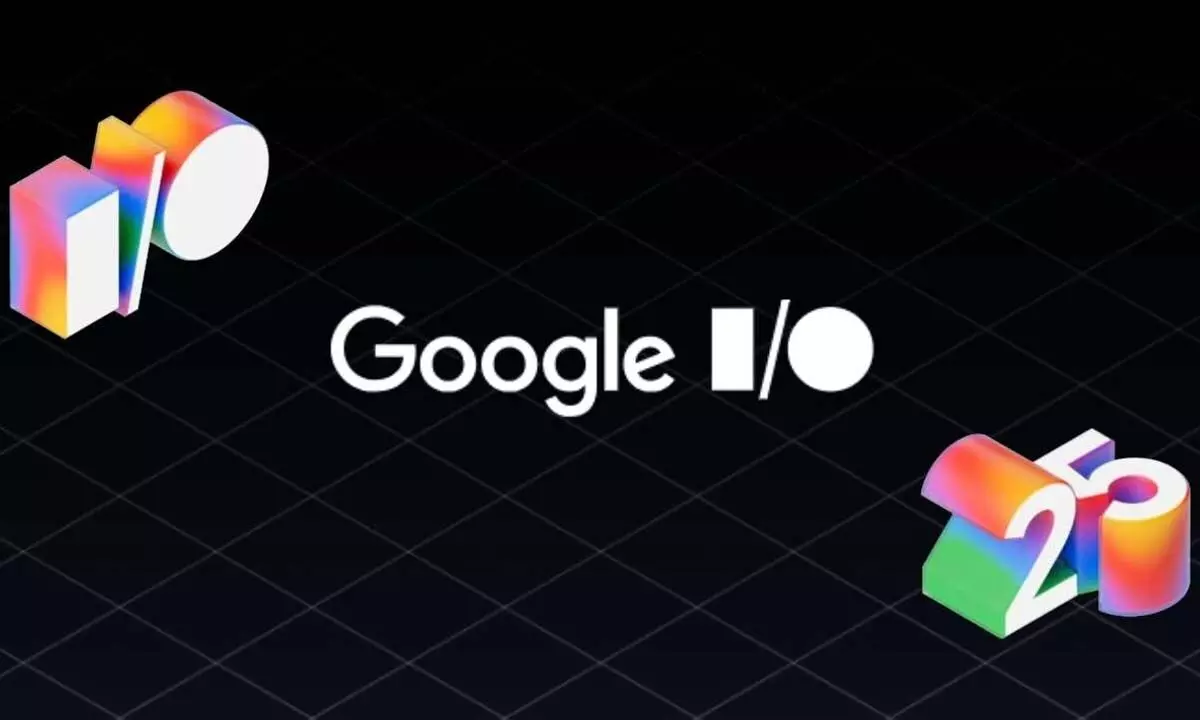Google I/O 2025: AI Takes Centre Stage as Android Takes a Backseat

Google shifts focus to AI at I/O 2025, leaving Android updates for pre-show — a sign of changing tech priorities.
At this year’s Google I/O, the world’s most widely used mobile operating system is no longer the headliner. Android — once the main event of Google’s annual developer showcase — is now taking a backseat to AI, with key updates rolled out quietly before the main conference even begins.
Rather than unveiling Android’s latest visual overhaul during the keynote, Google chose to preview Material Three Expressive — a major design update — on YouTube in a pre-show event the week prior. It’s a striking shift: a design language change for Android no longer qualifies as I/O’s main event. So what does? As expected, the spotlight is firmly on AI, particularly Gemini.
Google is poised to dedicate much of this year’s I/O to discussing Gemini and its integration across consumer-facing products. This isn’t surprising to those who’ve followed recent trends. In 2023, Android barely earned a mention during the keynote, while CEO Sundar Pichai mentioned AI so frequently it became a running joke. Last year, he even tallied the number of AI references himself. It reflects a broader trend in Big Tech — racing to embed AI in every product imaginable.
In recent years, Google has worked to decouple new Android features from major OS releases. Instead of tying innovations to Android version updates, which roll out inconsistently across manufacturers, the company now delivers features via Google Play and app updates. This helps ensure more users gain access faster, regardless of whether they’re on the latest OS. Devices from brands like Samsung and Motorola can now enjoy updates without waiting on full system upgrades.
This year, Google has also restructured its Android release schedule. Android 16 will now see a major update in Q2, followed by a smaller one in Q4. The goal? To accelerate feature availability across more devices, addressing one of Android’s long-standing criticisms: fragmented and delayed rollouts.
Still, with another AI-heavy I/O approaching, some are wondering if the excitement is wearing thin.
The past two years have felt like a series of AI showcases from every major tech company, with plenty of bold claims and flashy demos, but fewer deliverables. As the public grows more sceptical, the gap between AI promises and actual user benefits seems more apparent. “Then, when it’s time to actually ship them… well, ask Apple how that’s going,” the article quips.
To its credit, Google has delivered a steady stream of AI tools across its platforms — from Chrome to Gmail, Meet, and its XR (extended reality) efforts, including its much-teased smart glasses.
Still, there's a sense that the hype may be reaching a saturation point. At least, as one observer notes, Google made the effort to spotlight Android in its own way — even if it had to do so before the main event, amid a flood of AI buzz.










